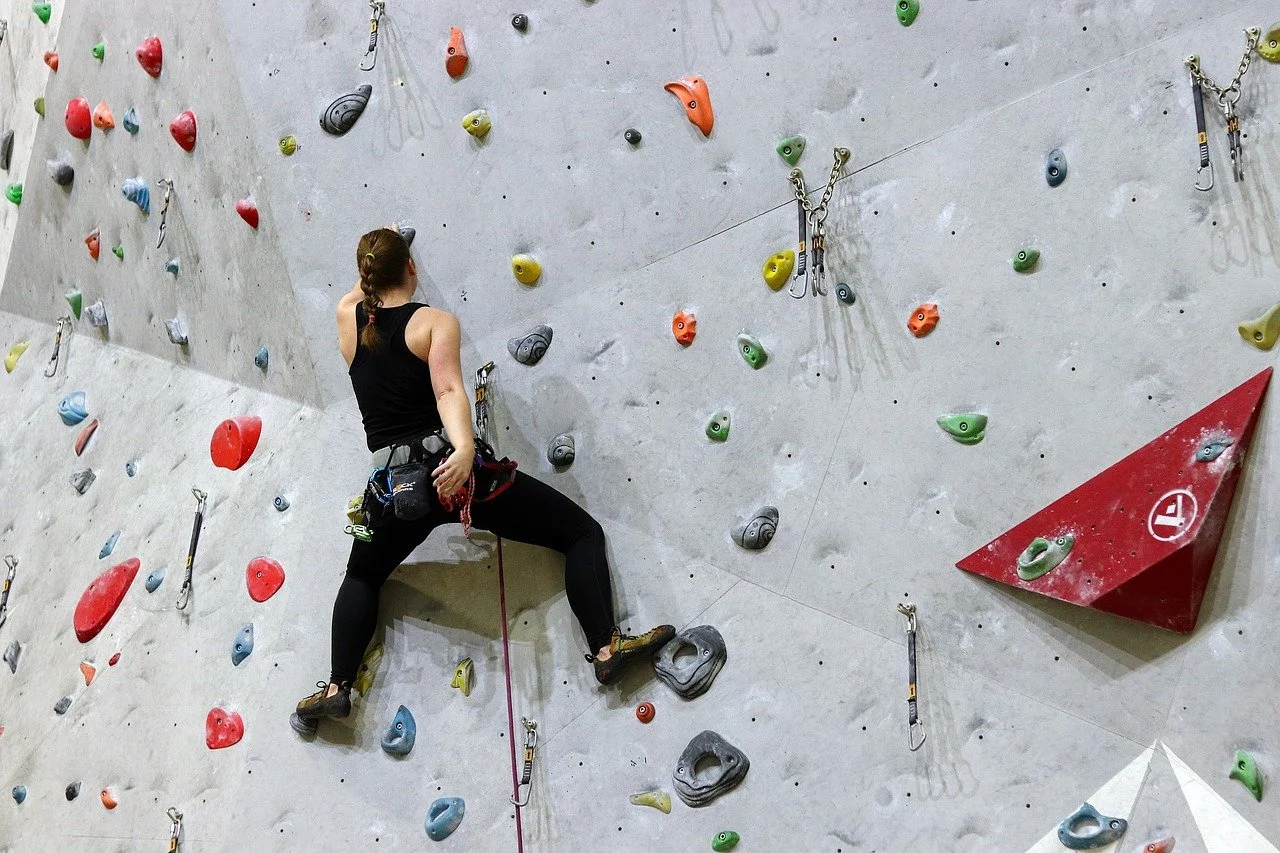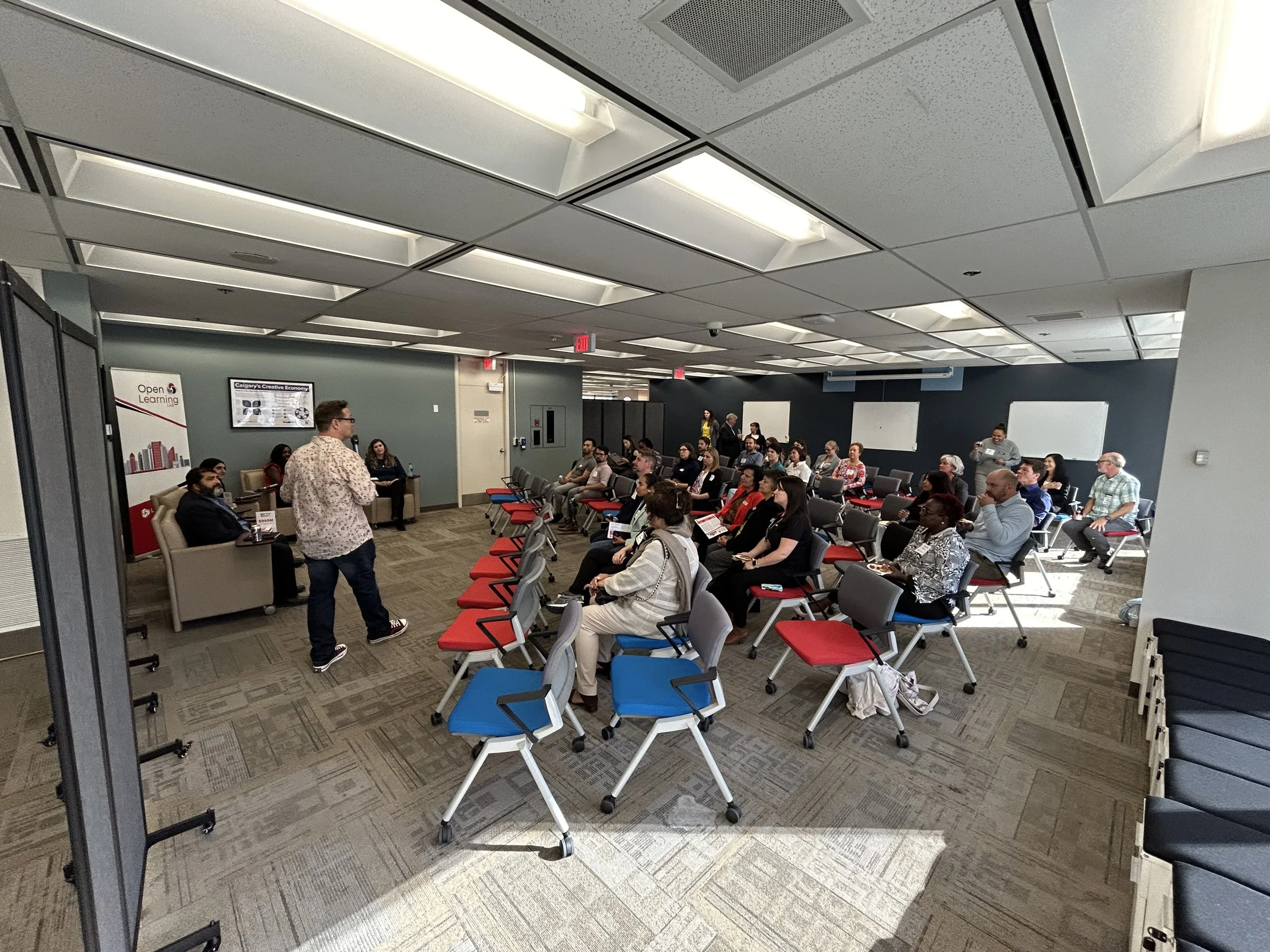LearningCITY Insights
LearningCITY Insights provides concise, evidence-based insights on timely issues facing Calgary’s learning system.
Be a Thought Leader
Photo Credit: Brett Cassidy
A City
That
Adapts
To thrive in the face of accelerating change, Calgary must become a city of adaptable people. The city’s future will be defined less by its natural resources and more by how its people continuously adapt and learn. Adaptable people can adjust to the dynamic context of the world today.
Adaptability can be reactive, as in learning to live in a new reality during the COVID-19 pandemic. However, adaptability can also be proactive and intentional, characterized by a culture and infrastructure that predict and embrace change while planning responses.
At the root of adaptation is learning. To become a city that adapts, Calgarians must possess the capacity to learn — and celebrate its ability to learn. To attract and retain investment, Calgarians must learn faster and better than others. This brief explores how Calgary can become a city that learns its way forward.
Learning as a climbing wall
Most of us view learning as a life stage. In this view, we all start climbing a learning ladder at about the age of five and continue climbing for the next dozen years until we graduate, get a job, and join the real world. This learning model was first introduced in Canada in 1860, and life expectancy was 41 years.
However, the world is very different today. Today, fifty percent of kindergarten children will live to be 100 and have sixty-year careers, and the half-life of skills can be measured in months. As a result, Calgary will be defined by the adaptive capacity of its systems, organizations, and people.
Adaptive capacity demands a continuous cycle of learning, unlearning, and relearning. This requires us to radically redefine what, when, and how we learn.

All-Access Learning System
Calgary’s learning system must adopt strategies to unlock, inspire, and develop the potential for all to prosper in the new economy. Programs and services need to be created with a mindset that puts people at the centre, designing opportunities by and with people within the target markets of groups that skill developers are looking to deliver programs to.
Employers must develop recruitment strategies that embed diverse cultural approaches and understandings. They must adapt their employee experience and workplace culture to support the success of diverse employees. Employers also need access to a harmonized ecosystem using a common currency to identify skilled individuals based on their merits rather than informal methods.
Learning organizations and institutions must offer equitable access to information and a skills development network of informal and formal learning opportunities that further reduce barriers, open doors, and inspire lifelong learning habits that create a more resilient and empowered workforce.

To confront accelerating disruption, Calgarians need to rethink the skills that matter. For over 150 years, specific job skills, whether welding, computer programming, or healthcare, were viewed as most valuable by society because they generated direct economic value for employers.
Rethink
Skills
However, today, the skills needed for jobs are constantly evolving and changing. Not surprisingly, employers now demand people who can adapt, learn, and relearn. This forces all Calgarians to rethink the skills they must invest in to maintain their relevance in a dynamic labour market.
LearningCITY
Lab
The vision of the LearningCITY Collective is to be where learning communities collaborate to prepare Calgarians for our changing world. In 2023, LearningCITY established a pilot LearningCITY Lab to identify, resource, test, and scale innovations in skills development to deliver on this vision.
The lab creates a home for talent seekers, developers, stewards, and learners to collaborate and accelerate Calgary’s skills development. The eight-month pilot hosted 45 events and 4000 guests across the learning system. In addition, it hosted over 1000 learners from InceptionU and the AccelerateU pilot.







